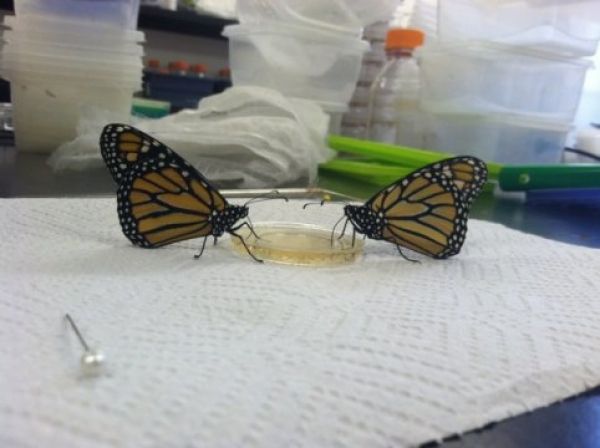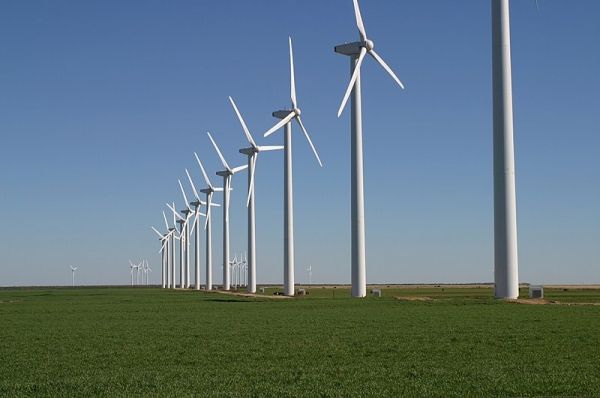The Dark Zone of Greenland ice sheet is a large continuous region on the western flank of the ice sheet; it is some 400 kilometers wide stretching about 100 kilometres up from the margin of the ice.
articles
Global Warming Can Turn Monarch Butterflies' Favorite Food Into Poison
LSU researchers have discovered a new relationship between climate change, monarch butterflies and milkweed plants. It turns out that warming temperatures don’t just affect the monarch, Danaus plexippus, directly, but also affect this butterfly by potentially turning its favorite plant food into a poison.
Study Counts Lives Saved with Push for 1.50C Climate Target
Speeding up progress on reducing carbon emissions would save millions of lives, mostly in metropolitan areas of Africa and Asia.
Power Sector Carbon Intensity Lower Than Ever
Mitsubishi Hitachi Power Systems (MHPS) and Carnegie Mellon University (CMU) today announced the release of the 2018 Carnegie Mellon Power Sector Carbon Index, at CMU Energy Week, hosted by the Wilton E. Scott Institute for Energy Innovation. The Index tracks the environmental performance of US power producers and compares current emissions to more than two decades of historical data collected nationwide. This release marks the one-year anniversary of the Index, developed as a new metric to track power sector carbon emissions performance trends.
Still Believe an Asteroid Killed the Dinosaurs? Think Again
Some experts have long believed that a massive asteroid was a primary cause of dinosaurs’ extinction some 65 million years ago, but new analysis from a University at Albany psychology professor suggests that the dinosaurs were in trouble long before the asteroid hit.
Vegetables May Help Protect Elderly Women from Hardening of Neck Arteries
Elderly Australian women who ate more vegetables showed less carotid artery wall thickness, according to new research in Journal of the American Heart Association, the Open Access Journal of the American Heart Association/American Stroke Association.










